Beer has been a common thread throughout all of human history. From the lagers made popular in the Middle Ages, to the corn beers brewed by Native Americans, and the “modern era” of beer in the 1800s, brewing yeast has remained the one thing all the world has in common. We’ve gone hundreds, perhaps thousands of years, without knowing much about the calorie, fat, and sodium levels of our favorite adult beverages.
Until now. In July, the Beer Institute, founded in 1862, announced its Voluntary Disclosure Initiative, which recommends American breweries provide consumers with more clarity on the nutritional value and ingredients present in its products, by either explicitly listing the aforementioned on the packaging itself or on the company's website.
[quote position="left" is_quote="true"]Providing meaningful information will ultimately empower the consumer when making decisions regarding the beer beverage of their choice.[/quote]
Some of the Institute's most influential members—Anheuser-Busch, MillerCoors, HeinekenUSA, Constellation Brands Beer Division, North American Breweries and Craft Brew Alliance—have agreed to implement the suggested changes by the Institute’s imposed deadline of 2020. Some of these changes are happening immediately with the information available on scannable QR codes located on the product's packaging.
The brands that have agreed to comply represent more than 80 percent of the beers available for sale in the United States. So there's a good chance that sooner rather than later, if you drink beer, you'll know exactly what you're consuming.
This initiative comes on the heels of a movement, both grassroots and institutionalized, for companies to provide greater transparency to consumers about what is actually in the food and drink they consume. Moreover, consumers themselves are demanding this information.
“Beer is the most popular alcohol beverage in the United States,” Jim McGreevy, the Beer Institute’s CEO said in a statement. “Providing meaningful information will ultimately empower the consumer when making decisions regarding the beer beverage of their choice.”















 Hungry and ready.Photo credit
Hungry and ready.Photo credit 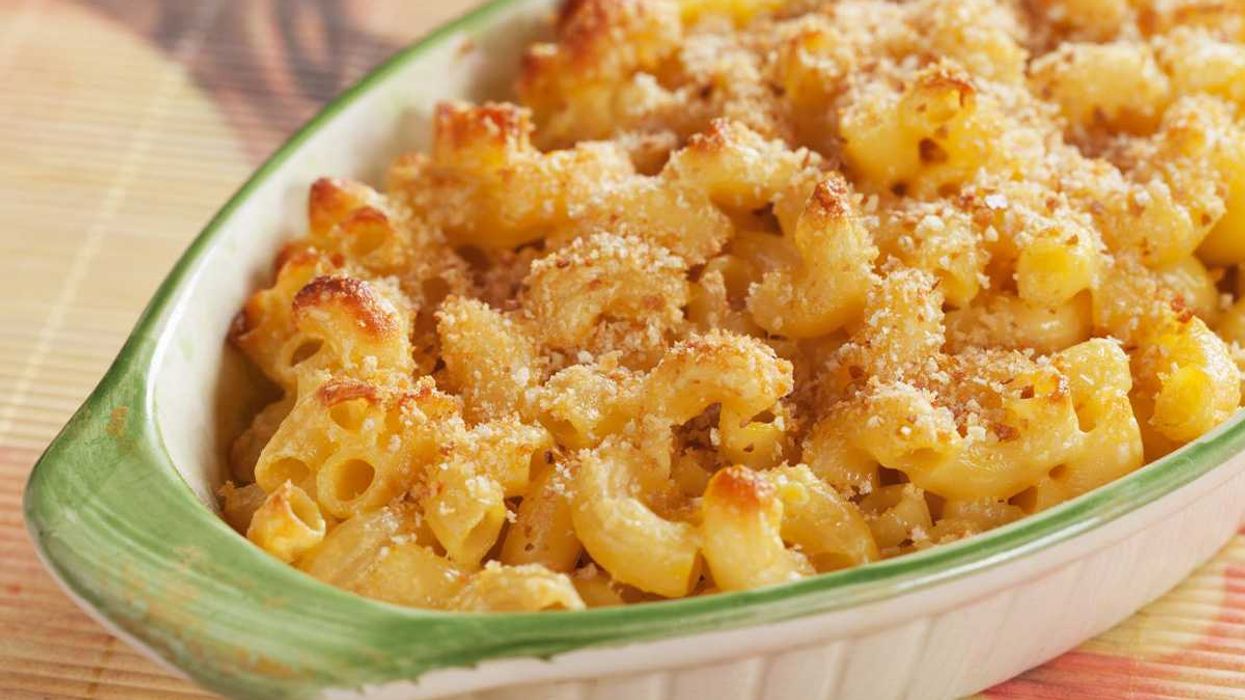 The mac and cheese staple presentation.Photo credit
The mac and cheese staple presentation.Photo credit 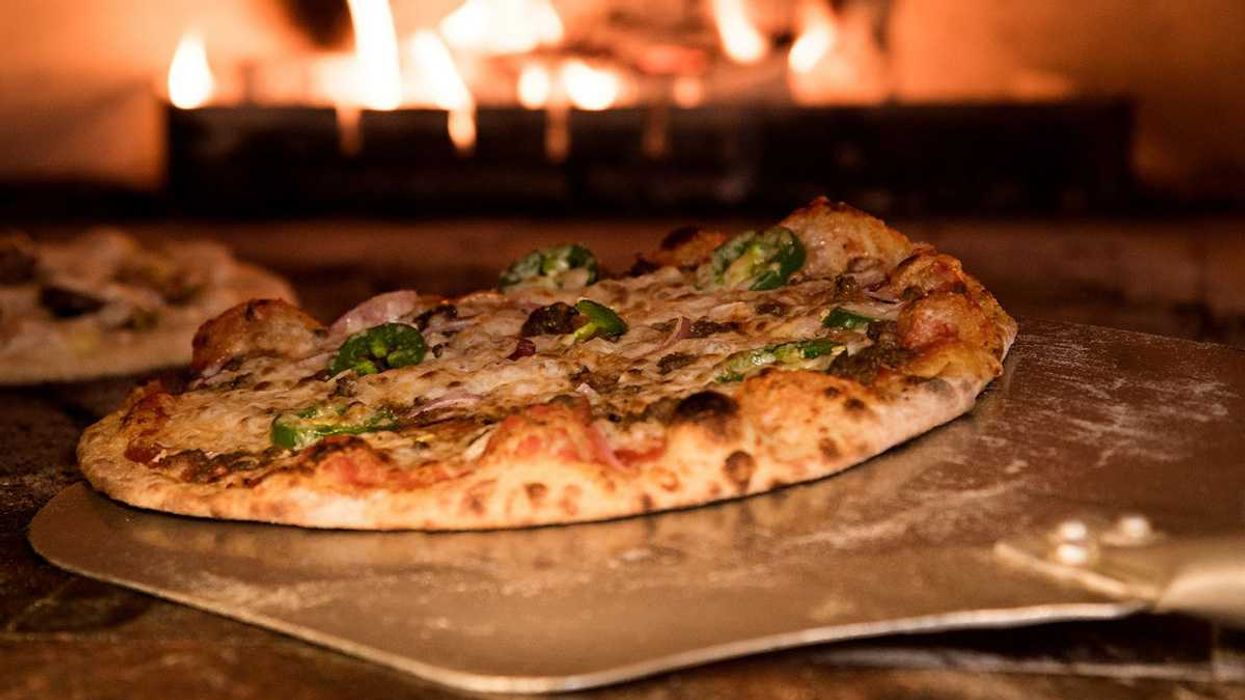 Pizza ready from the oven.Photo credit
Pizza ready from the oven.Photo credit  Friends hover around the barbeque.Photo credit
Friends hover around the barbeque.Photo credit  Seafood platter on the beach.Photo credit
Seafood platter on the beach.Photo credit  Scarecrow watches over a vegetable garden.Photo credit
Scarecrow watches over a vegetable garden.Photo credit 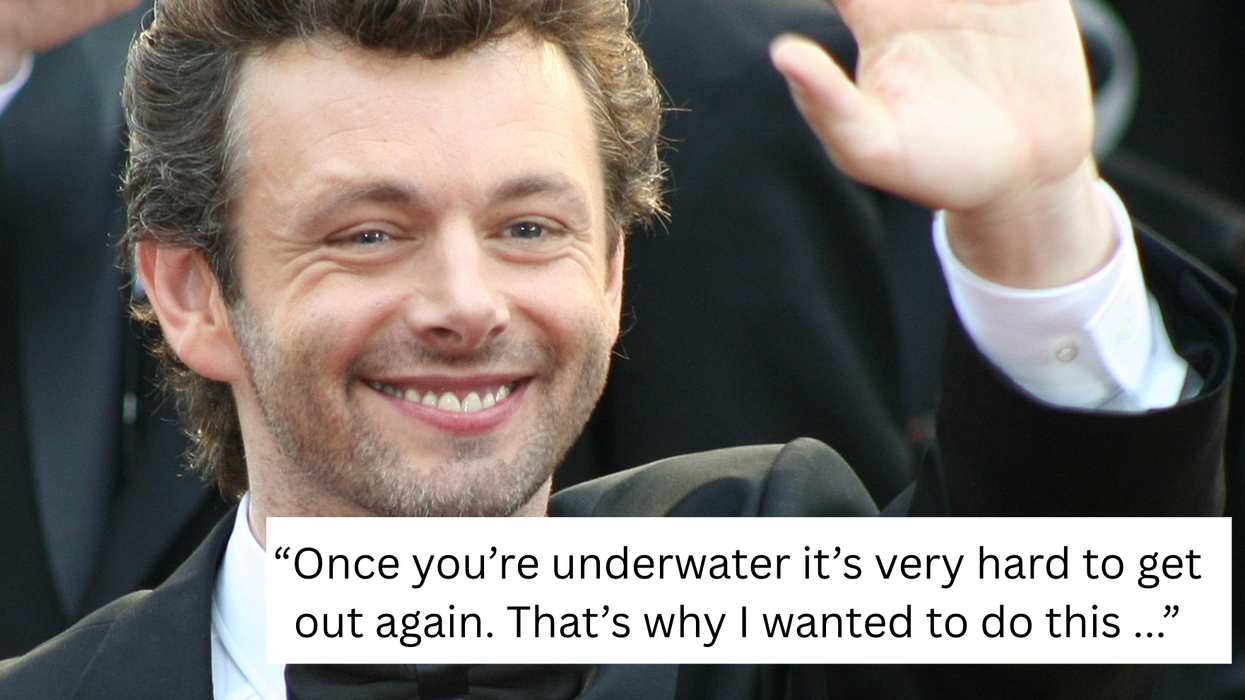
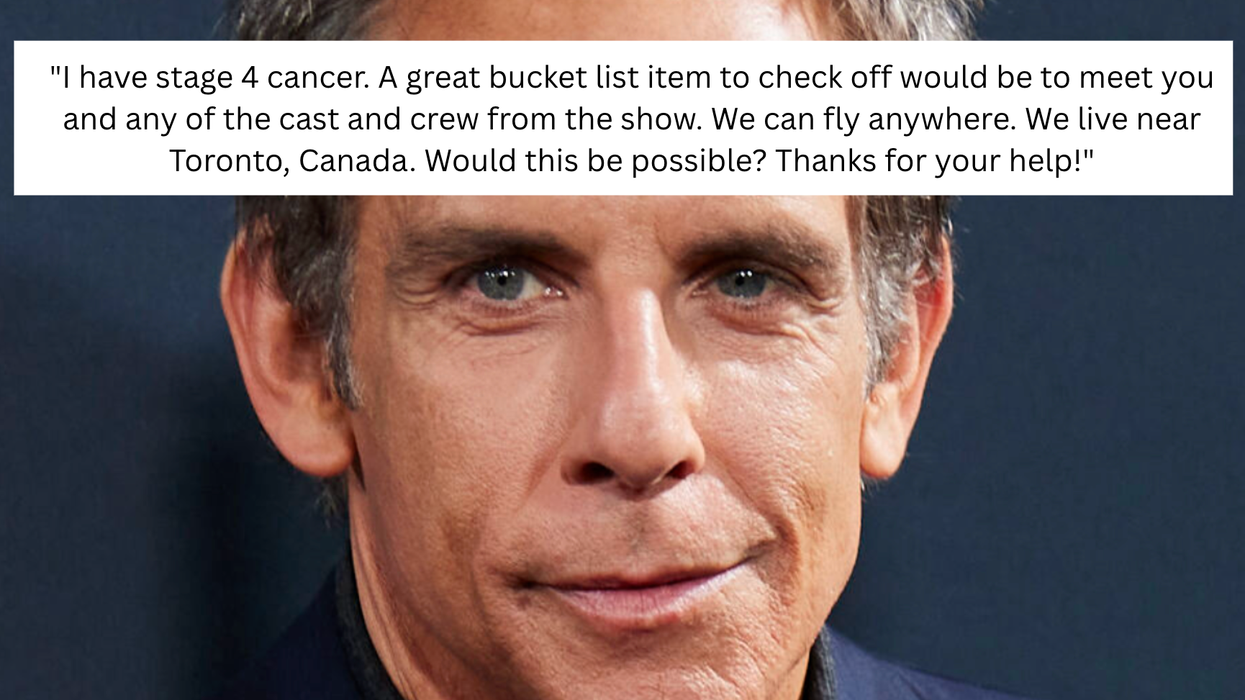

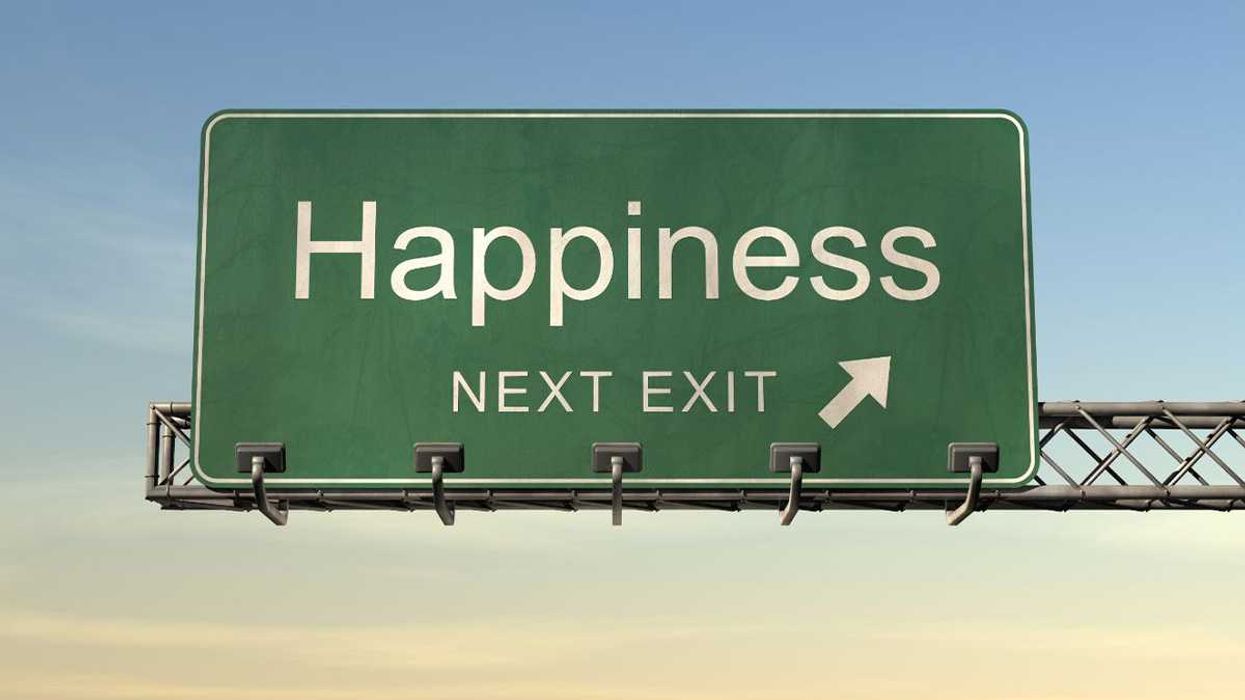 Happiness next exit.Photo credit:
Happiness next exit.Photo credit:  Butterflies in a flower patch.Photo credit:
Butterflies in a flower patch.Photo credit:  Happy running doggie.Photo credit:
Happy running doggie.Photo credit: 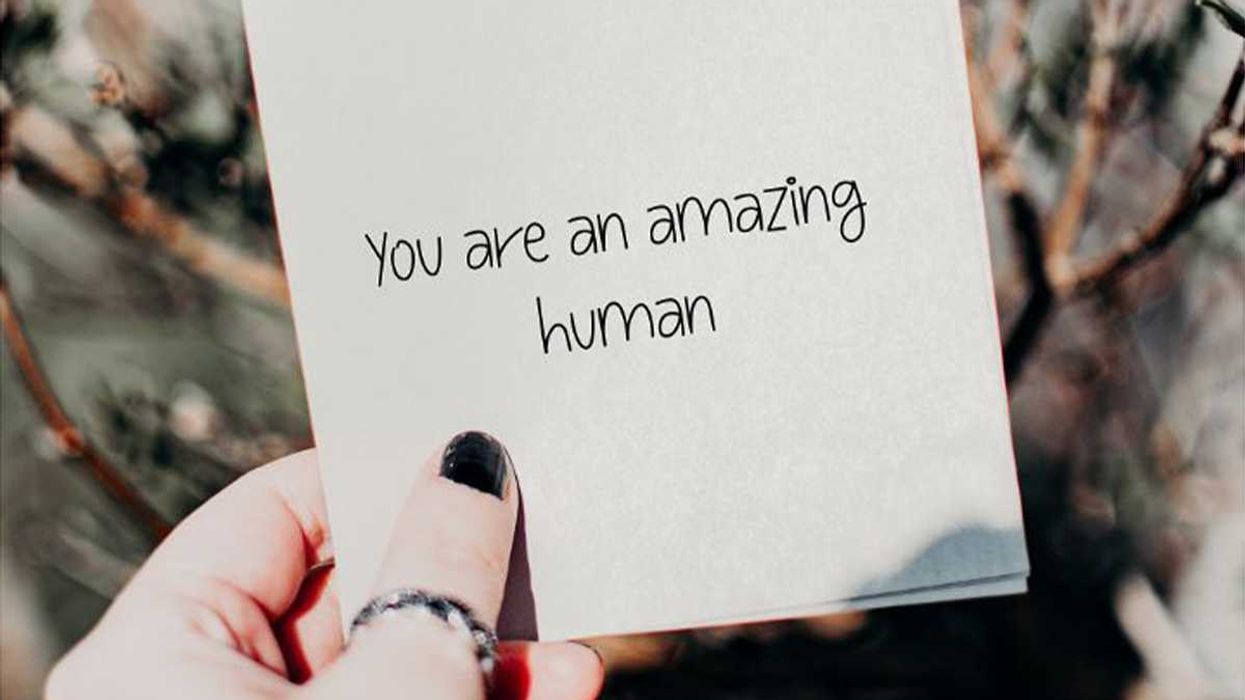 Positive confirmation.Photo credit:
Positive confirmation.Photo credit: 

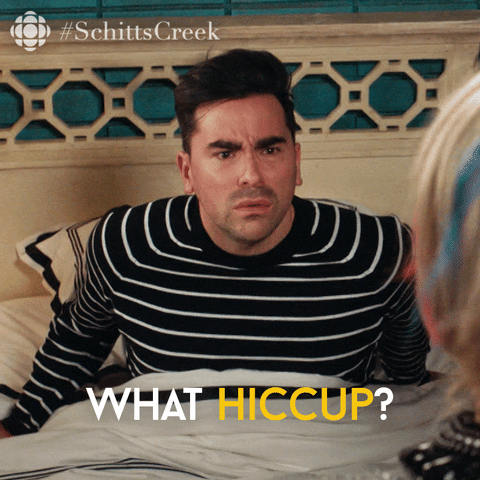 Gif from Schitt's Creek via
Gif from Schitt's Creek via 
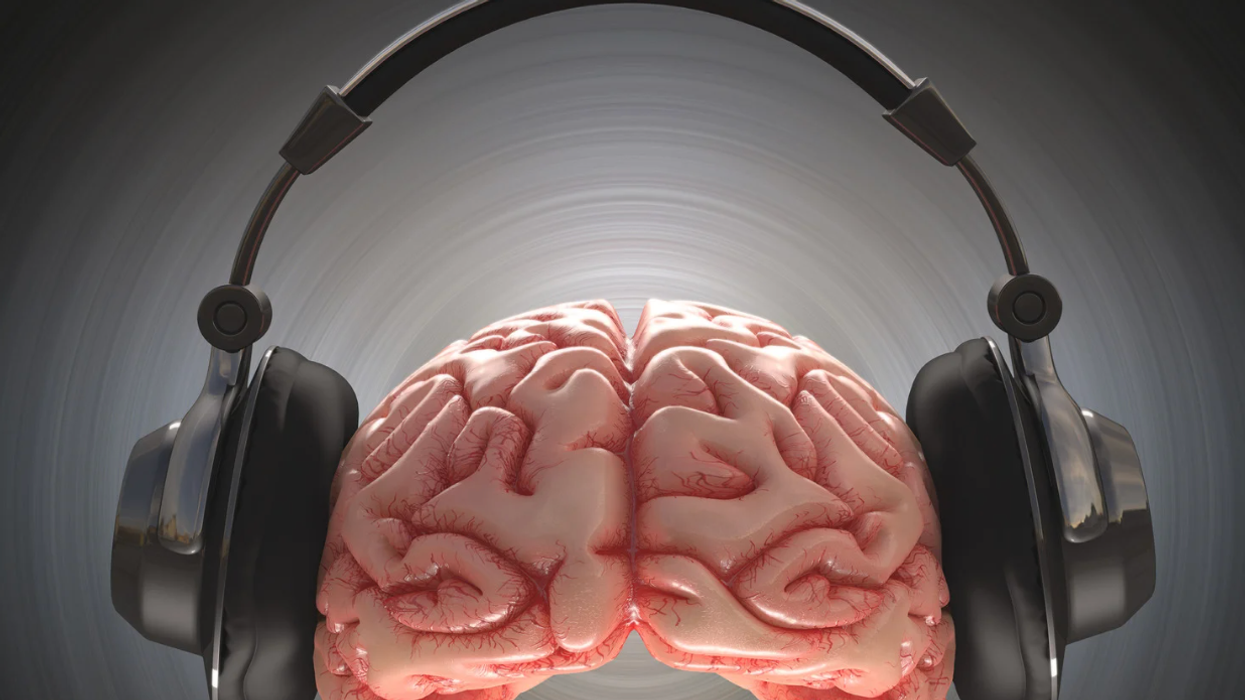
Professor shares how many years a friendship must last before it'll become lifelong